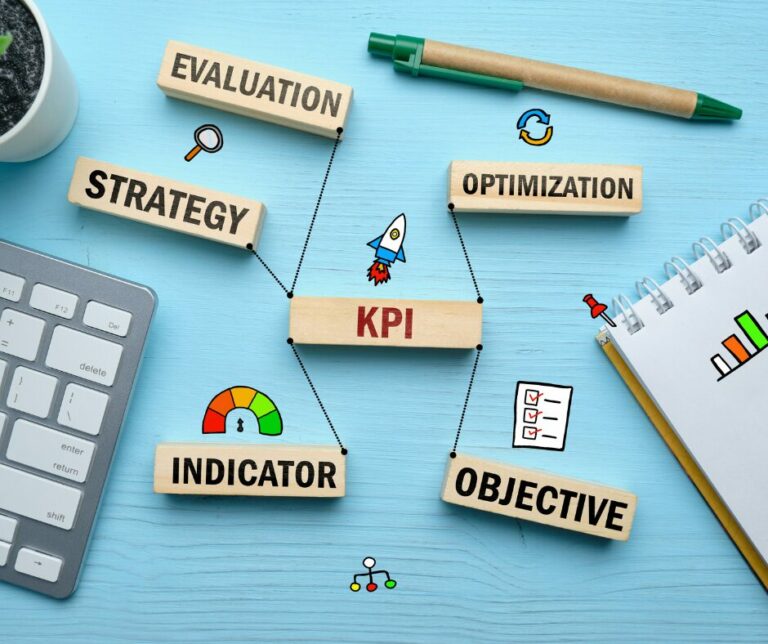A Guide for Agents, Brokers, and Investors
In the dynamic world of real estate, having a well-structured marketing funnel is essential for success. Whether you’re a seasoned agent, a broker managing a team, or an investor seeking leads, a strategic funnel can streamline your efforts and maximize results. In this article, we’ll explore how to create a powerful real estate marketing funnel, including tips on automation and customization.

Before diving into the specifics, let’s clarify what a marketing funnel is and how it applies to the real estate industry. Think of it as a pathway that guides potential clients from initial awareness to closing a deal.
Here are the key stages:
1. Awareness:
- At the top of the funnel, prospects become aware of your brand or services.
- Strategies: Social media, content marketing, local events, and networking.
2. Interest:
- Prospects express interest in real estate solutions.
- Strategies: Engaging blog content, property listings, and virtual tours.
3. Consideration:
- Prospects evaluate options and consider working with you.
- Strategies: Personalized emails, webinars, and case studies.
4. Decision:
- Prospects decide to take action (e.g., schedule a consultation, visit a property).
- Strategies: Clear calls-to-action (CTAs), follow-up emails, and targeted ads.
5. Action:
- Prospects become clients by signing contracts, making offers, or closing deals.
- Strategies: Efficient communication, negotiation skills, and exceptional service.

Now, let’s explore how to automate the process and save time while nurturing leads:
1. Lead Capture Automation:
- Use landing pages with compelling property descriptions, virtual tours, and lead capture forms.
- Implement pop-ups to encourage newsletter sign-ups or offer valuable resources (e.g., e-books, market reports).
2. Email Automation:
- Set up automated email sequences:
-Welcome emails for new leads.
– Drip campaigns with relevant content (e.g., home buying tips, investment strategies).
– Follow-up emails after property showings or consultations.
3. Segmentation and Personalization:
- Segment your leads based on criteria such as location, property type, and budget.
- Personalize emails and content to address specific needs and interests.
4. Social Media Remarketing:
- Use platforms like Facebook and Instagram to retarget website visitors.
- Show relevant property ads to those who have shown interest.
5. CRM Integration:
- Invest in a real estate CRM (Customer Relationship Management) system.
- Track lead interactions, automate follow-ups, and manage client relationships.

Tailor your funnel to the real estate niche you serve:
1. For Agents:
- Focus on local expertise and personalized service.
- Automate lead follow-ups to stay top-of-mind with potential buyers and sellers.
2. For Brokers:
- Streamline lead distribution among agents.
- Automate reporting and performance tracking.
3. For Investors:
- Automate property alerts based on investment criteria (e.g., ROI, location).
- Use AI tools to analyze market trends and identify lucrative opportunities.

KPIs (Key Performance Indicators):
- Track conversion rates at each funnel stage.
- Monitor open rates, click-through rates, and engagement metrics for emails.
A/B Testing:
- Experiment with different CTAs, subject lines, and content.
- Optimize based on what resonates with your audience.
Remember, a successful real estate marketing funnel is not static—it evolves as your business grows. Embrace automation, analyze data, and adapt to changing market dynamics. By doing so, you’ll build a robust funnel that consistently delivers results and helps you thrive in the competitive real estate landscape.
Now go prospect those golden leads, and may your closings be as smooth as a well-automated funnel!
References:
- https://hackingrealestatemarketing.com/real-estate-marketing-funnel-examples/
- https://www.sharplaunch.com/blog/how-to-create-a-real-estate-funnel/
- https://blog.wishpond.com/post/115675436399/real-estate-sales-funnel
- https://www.kylehandy.com/blog/learn/real-estate-sales-funnel/
- https://apg.agency/leveraging-ai-in-developing-funnels-for-real-estate-marketing/
- https://www.luxurypresence.com/blogs/creating-a-real-estate-sales-funnel/
- https://www.softvu.com/2023/11/unlocking-sales-success-a-comprehensive-guide-to-analyzing-sales-conversations-with-gong/

